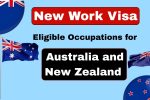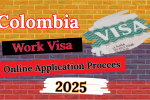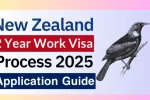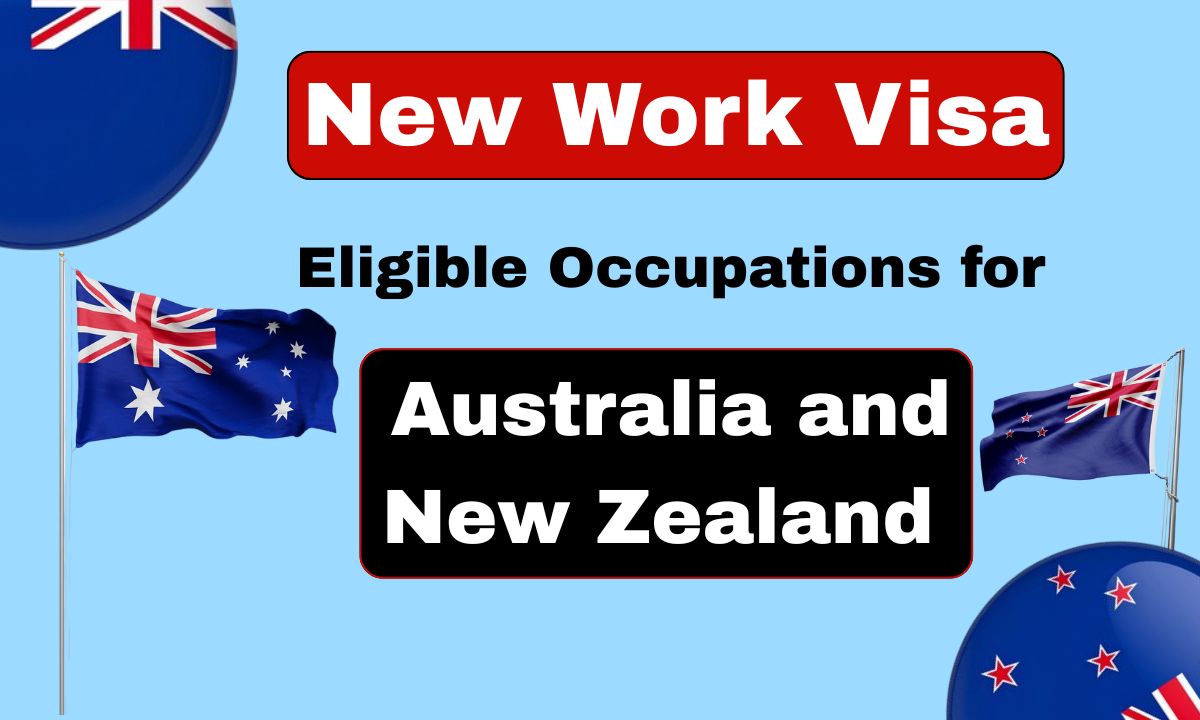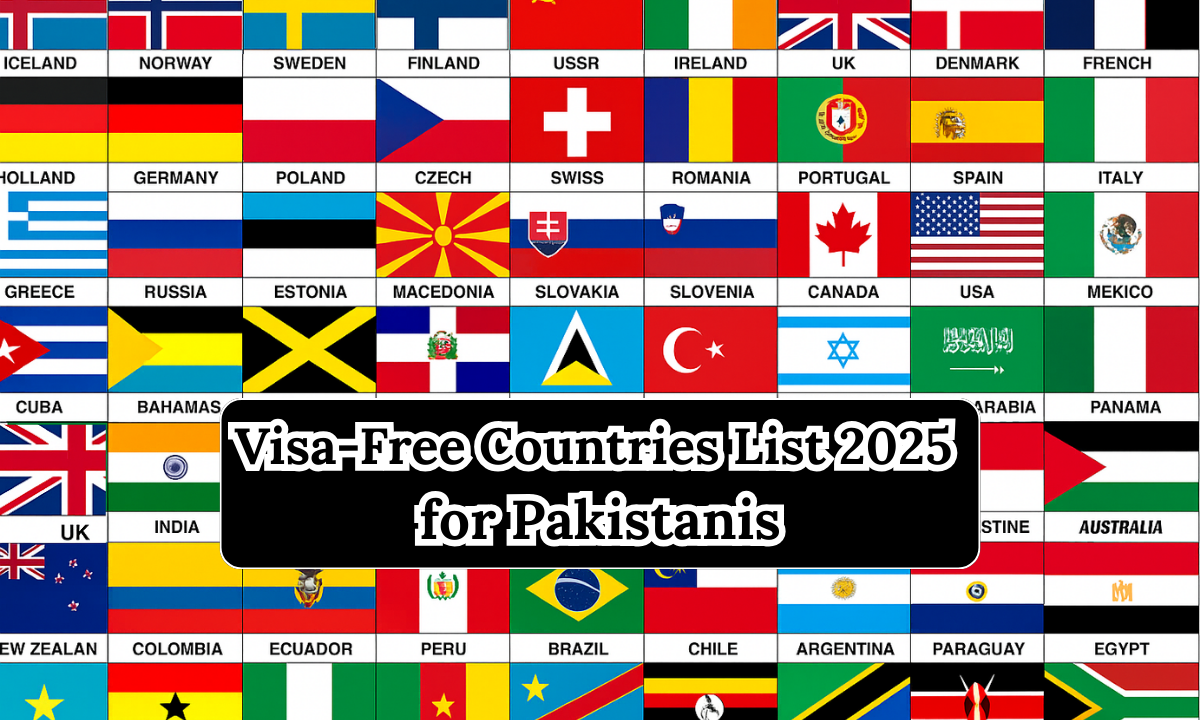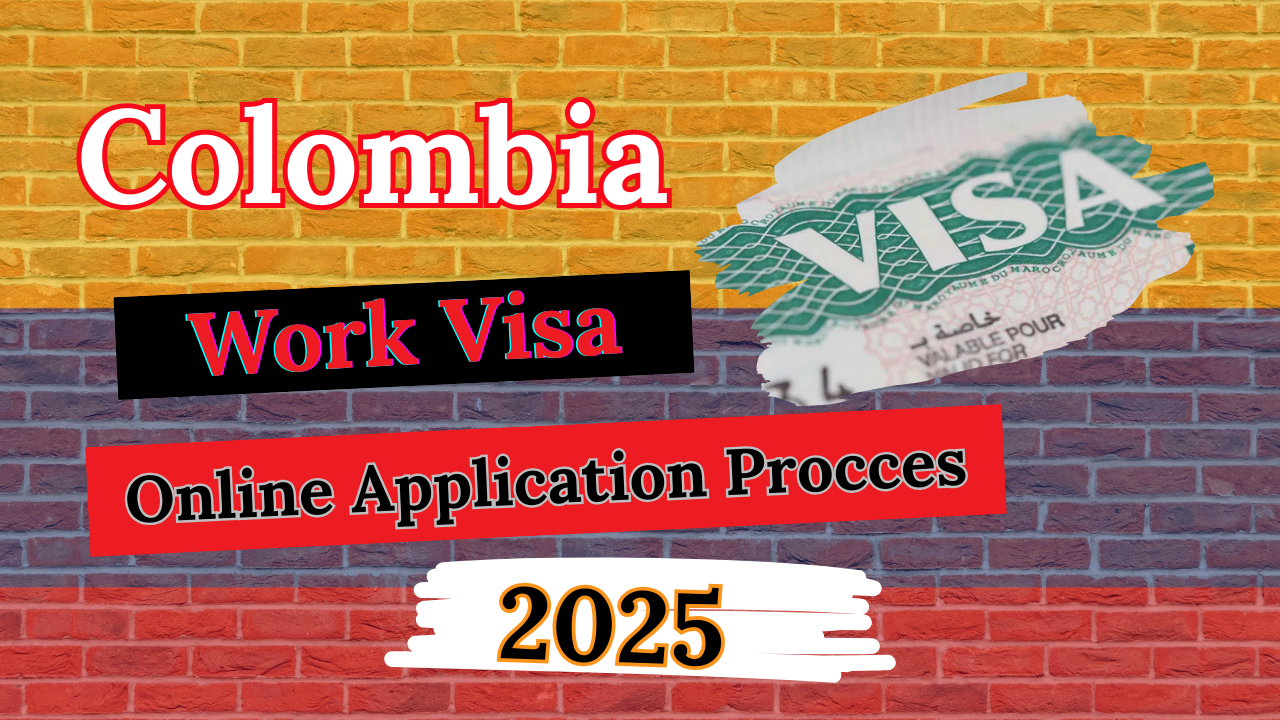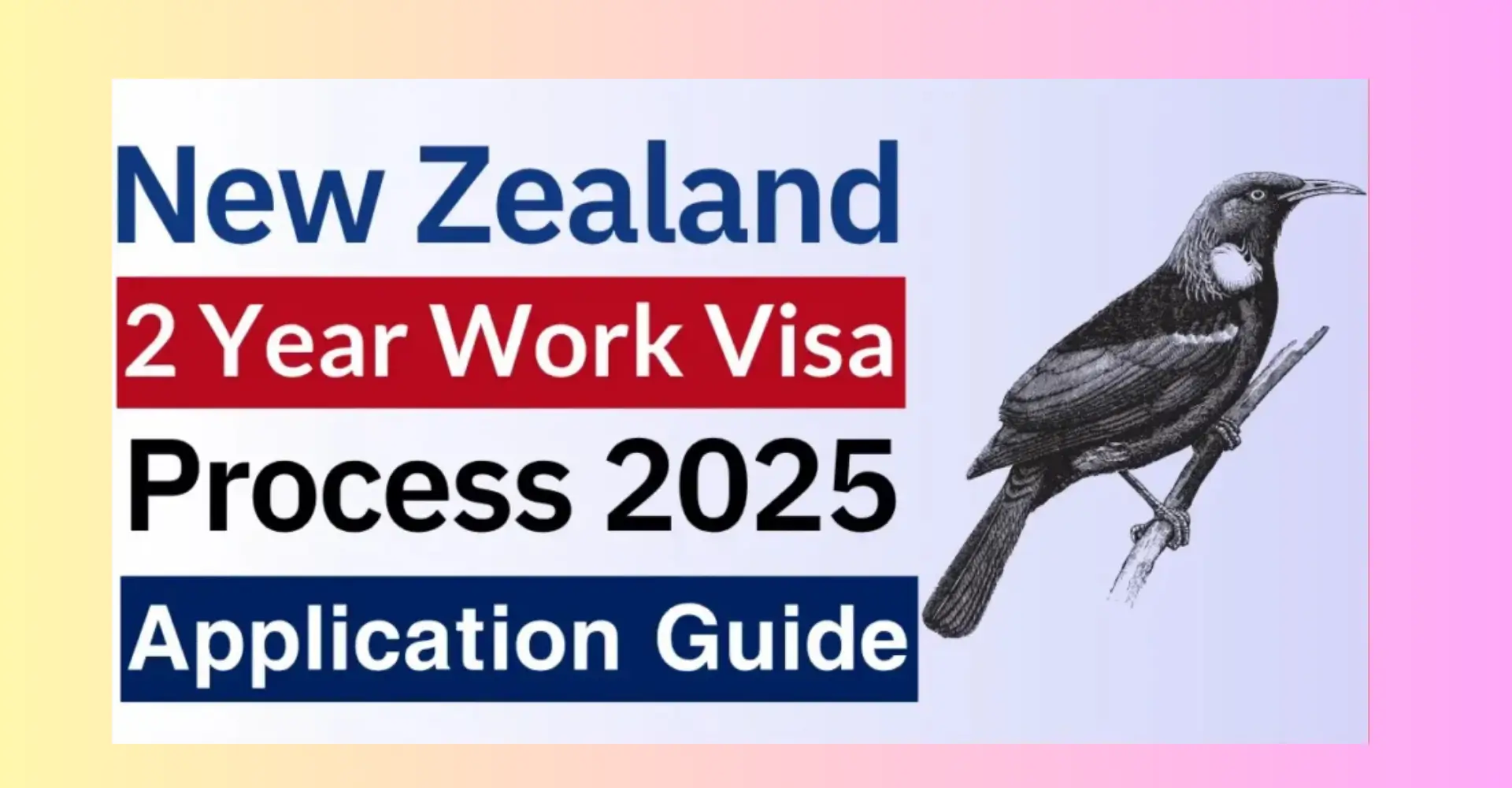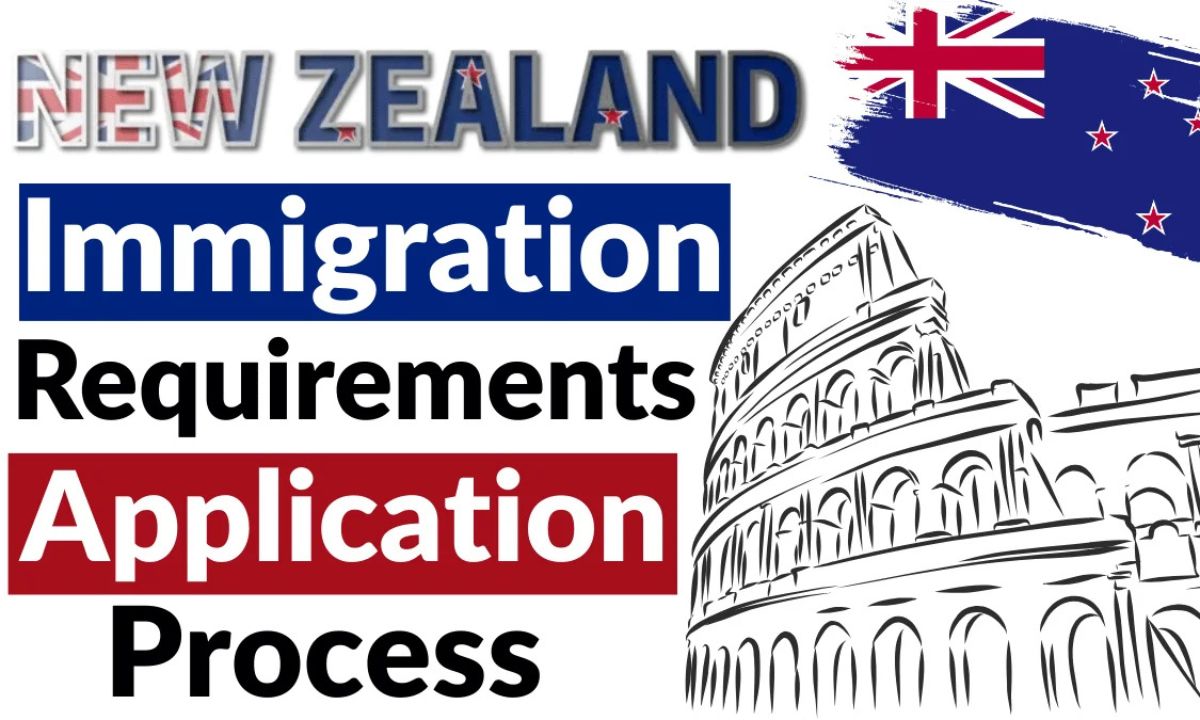France Work Visa Process November 2025: Eligibility, Required Documents & Application. Planning to work in France in 2025? Whether you’re aiming for a skilled position, a temporary job, or a long-term professional opportunity, understanding the France work visa process is crucial. In this complete guide, you’ll learn about the eligibility rules, required documents, salary criteria, and visa application steps for different categories.
we, will walk you through everything you need to know about securing your France work visa in 2025 with ease.
What Is a France Work Visa?
A France work visa allows non-EU/EEA nationals to live and work legally in France for a defined period. Depending on your profession, contract duration, and skill level, you can apply for one of several visa types — from short-term seasonal permits to long-stay Talent Passport (EU Blue Card) options.
These visas are essential for individuals planning to work for a French employer, join a subsidiary of their existing company, or pursue high-skilled professions under specific categories approved by the French Ministry of Interior.
Types of France Work Visas (2025 Categories)
France offers multiple work visa categories to accommodate various employment situations. Below is a table highlighting the main visa types and their features:
| Visa Type | Purpose / Eligibility | Duration | Issued To |
|---|---|---|---|
| Talent Passport (Passeport Talent / EU Blue Card) | For highly skilled professionals, researchers, artists, investors, and innovators. | Up to 4 years (renewable) | Skilled professionals earning above set salary thresholds. |
| Salaried Employee / Temporary Worker Visa | For long-term employment contracts exceeding 3 months. | 1 year (renewable) | Employees hired by French companies. |
| Seasonal Worker Visa | For temporary work during specific seasons. | 3–6 months | Workers in tourism, agriculture, or hospitality. |
| Intra-Company Transfer (ICT) Visa | For employees transferred from a foreign branch to a French office. | Up to 3 years | Corporate staff or executives. |
| Short-Stay Professional Visa | For short business trips or assignments under 90 days. | Up to 90 days | Professionals on short-term missions. |
Which Visa Should You Choose?
Your visa type depends on your contract length, profession, and qualifications:
- Highly skilled professionals → Talent Passport (EU Blue Card)
- Regular job holders → Salaried Employee / Temporary Worker Visa
- Seasonal roles → Seasonal Work Visa
- Company transfers → Intra-Company Transfer Visa
- Short assignments → Short-Stay Professional Visa
France Work Visa Eligibility 2025
The French government has updated several eligibility rules in 2025 to streamline the process and align with EU labour standards.
General Eligibility Criteria
To apply for a France work visa in 2025, you must meet the following conditions:
- Have a valid job offer or employment contract from a French employer.
- Possess relevant qualifications and work experience for the job.
- Meet the minimum salary threshold (varies by visa category).
- Hold a valid passport with at least six months of validity.
- Be free from any criminal record.
- Provide medical insurance coverage for your stay in France.
Specific Criteria by Visa Type
1. Talent Passport / EU Blue Card
- Must hold a university degree or equivalent qualification.
- A binding job offer with a gross annual salary above the official threshold (usually 1.5 times France’s average gross salary, updated annually).
- Proof of professional achievements or research projects (for subcategories like researcher or artist).
2. Salaried Employee Visa
- Requires a job offer from a French employer for a position exceeding 3 months.
- The employer must obtain a work permit from the French labour authorities (DREETS).
3. Seasonal Worker Visa
- Must present an approved seasonal employment contract and employer sponsorship.
- Duration limited to 6 months per year.
4. Intra-Company Transfer Visa
- Must already be employed by a multinational company with branches in France.
- Proof of employment relationship for at least 3 months before transfer.
2025 Key Changes in France Work Visa Rules
France introduced several policy updates for November 2025 to improve transparency and speed:
- Updated salary thresholds for Talent Passport and EU Blue Card applicants.
- Temporary Worker Card introduced for jobs facing labour shortages.
- Faster processing for certain Talent applications meeting salary and degree requirements.
- Digital document verification at French consulates to reduce delays.
- Implementation of the EU Entry/Exit System (EES), affecting short-stay border control procedures.
These updates aim to attract more skilled professionals to France while ensuring fair employment practices.
Required Documents for France Work Visa 2025
Before applying, ensure all your documents are complete and translated into French (if required). Missing paperwork is the main reason behind application delays or rejections.
Commonly Required Documents
- Valid Passport – At least 6 months beyond your planned stay.
- Visa Application Form (Long-Stay Type D) – Duly filled and signed.
- Employment Contract / Job Offer Letter – Clearly stating role, duration, and salary.
- Work Permit – Issued by the employer or DREETS (if applicable).
- Proof of Qualifications – Diplomas, degrees, or certificates with French translation.
- Curriculum Vitae (CV) – Detailing your professional experience.
- Police Clearance Certificate – Verifying no criminal record.
- Health Insurance – Covering the entire visa duration.
- Proof of Accommodation – Address or rental agreement in France.
- Recent Passport Photos – As per Schengen specifications.
- Visa Fee Receipt – Proof of payment (usually €99 for long-stay visas).
- Talent-specific Evidence – Research proposals, business plans, or artistic portfolios.
Step-by-Step France Work Visa Application Process (2025)
Applying for a France work visa involves both employer and applicant actions. Here’s a breakdown of each step:
Step 1: Employer Applies for Work Authorization
- Your French employer must submit a work permit application to the regional labour authority (DREETS).
- Documents include the employment contract, salary details, and proof that no local/EU candidate was available.
- Once approved, the employer receives a work permit authorization number, which you will use during your visa application.
Step 2: Prepare Your Documents
- Gather all documents mentioned above.
- Ensure translations are certified in French if your papers are in another language.
- Double-check your passport validity and photo format.
Step 3: Submit Visa Application at the French Consulate
- Visit the official France-Visas website to complete your application online.
- Book an appointment at your nearest French consulate or VFS Global center.
- Submit your documents, biometric data (fingerprints), and pay the visa fee.
Step 4: Wait for Processing
- Processing time generally takes 2–8 weeks, depending on the category and country.
- Track your visa status online via the France-Visas portal.
Step 5: Visa Approval and Travel
- Once approved, you’ll receive a Long-Stay Type D Visa stamped in your passport.
- Travel to France and validate your visa within 3 months of arrival using the official OFII website.
Step 6: Post-Arrival Registration
- Register at your local prefecture or municipal office.
- Attend mandatory appointments like the medical check or integration session if required.
- Apply for your residence permit (Titre de Séjour) to continue working legally beyond the visa duration.
France Work Visa Fees and Processing Time
| Visa Type | Approx. Fee (EUR) | Processing Time |
|---|---|---|
| Talent Passport / EU Blue Card | €99 – €269 | 3–6 weeks |
| Salaried Employee | €99 | 2–5 weeks |
| Seasonal Worker | €99 | 2–4 weeks |
| ICT (Intra-Company Transfer) | €99 | 3–5 weeks |
| Short-Stay Professional Visa | €80 | 1–3 weeks |
Tip: Always apply at least 8–10 weeks before your intended travel date to allow enough time for employer authorization and consular review.
Common Reasons for France Work Visa Rejection
To avoid delays or refusals, ensure you do not make the following mistakes:
- Missing or incomplete documents.
- Incorrect salary level below the legal threshold.
- Invalid or fake job offers.
- Inconsistent information across documents.
- Unclear purpose of stay.
Advantages of Working in France
- Access to high-paying jobs in sectors like tech, healthcare, research, and finance.
- Opportunity to apply for permanent residency after five years of legal stay.
- Full access to healthcare and social security benefits.
- Ability to bring dependents (spouse and children) through family reunion permits.
- Exposure to Europe’s vibrant culture and innovation ecosystem.







